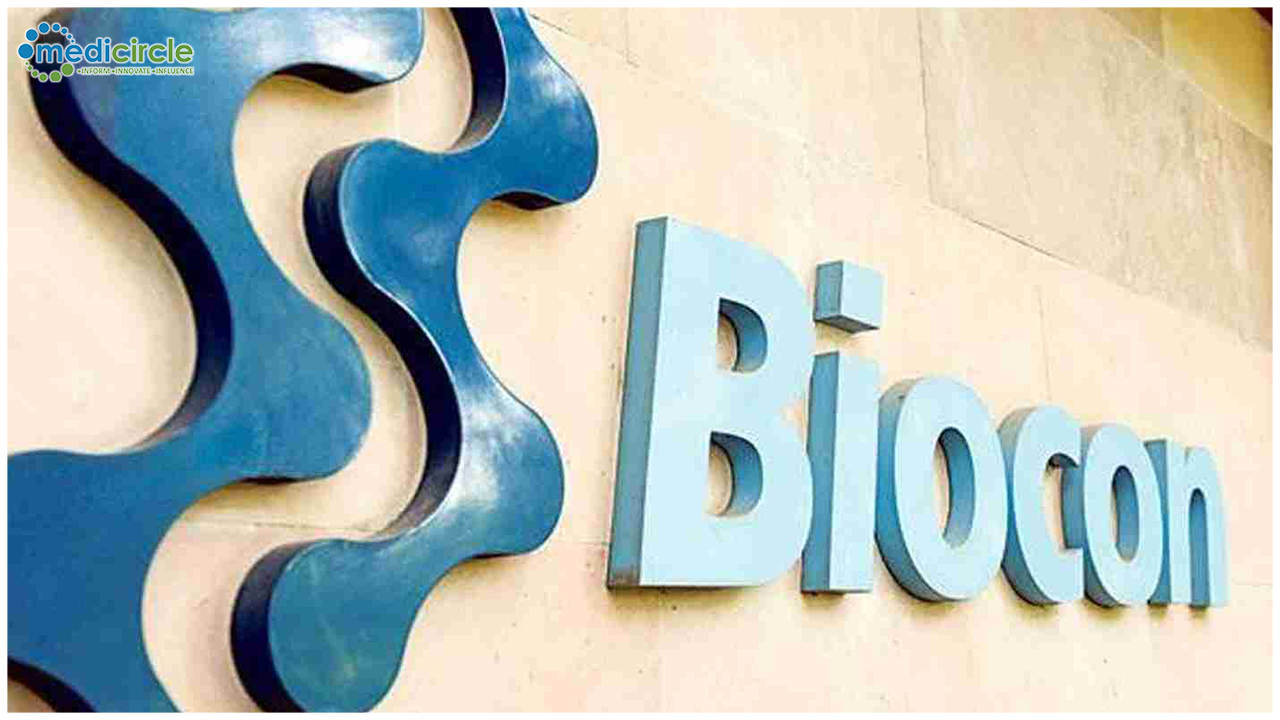Biocon Ltd. announced recently that it has won a U.S. court ruling that invalidated a Sanofi patent on the Insulin Glargine device , removing a key legal hurdle to commercializing Semglee (Insulin Glargine) co-developed with Mylan, in the U.S.
The U.S. District Court of New Jersey found the device patent claims (U.S. Patent No. 9,526,844) asserted by Sanofi against Biocon and Mylan’s Insulin Glargine product ‘not infringed’ and ‘invalid’ for lack of written description. Separately, as previously announced, Sanofi's formulation patents (U.S. Patent No. 7,476,652 and U.S. Patent No. 7,713,930) were previously affirmed to be invalid by the Federal Circuit.
The 505(b)(2) New Drug Application (NDA) for Semglee is under active review by the U.S. Food and Drug Administration (FDA). The FDA has set a Target Action Date for our Insulin Glargine application in June 2020. Biocon remains confident of being able to commercialize the product in calendar year 2020. The market opportunity for Insulin Glargine in the U.S. is estimated at US$ 2.2 billion.
Dr Christiane Hamacher, CEO, Biocon Biologics said, “We are extremely pleased with the U.S. court ruling in favour of our Insulin Glargine device as this takes us closer towards bringing a more affordable Insulin Glargine for patients with diabetes in the U.S. Today, patients in parts of Europe, Australia, India and key emerging markets are already benefiting from our Insulin Glargine. Once approved and commercialized our Semglee® will expand access to this therapy. This patent win endorses our commitment to innovation and value creation through incisive IP strategy. Biocon Biologics remains committed to use its science, scale and expertise to shift the access paradigm for patients in need of insulins across the globe.”
Insulin Glargine is a long-acting insulin used to treat adults with Type 2 diabetes and adults and paediatric patients with Type 1 diabetes for the control of high blood sugar.
Biocon’s Insulin Glargine has received regulatory approval in 70 countries around the world and has also been commercialized in many emerging markets such as Brazil, Mexico, Malaysia, South Korea, UAE, as well as, developed markets like Japan, Australia and parts of Europe.

 CEO of BIOCON confirmed "We are extremely pleased with the U.S. court ruling in favour of our Insulin Glargine device as this takes us closer towards bringing a more affordable Insulin Glargine for patients with diabetes in the U. S.
CEO of BIOCON confirmed "We are extremely pleased with the U.S. court ruling in favour of our Insulin Glargine device as this takes us closer towards bringing a more affordable Insulin Glargine for patients with diabetes in the U. S.






.jpeg)







.jpeg)





.jpeg)









.jpg)


.jpg)
